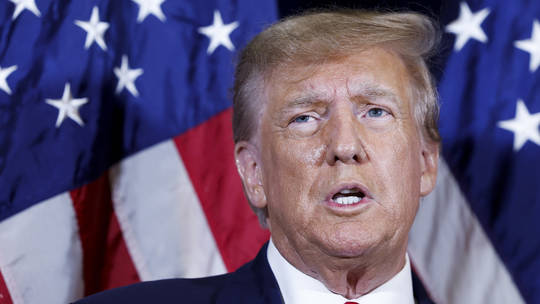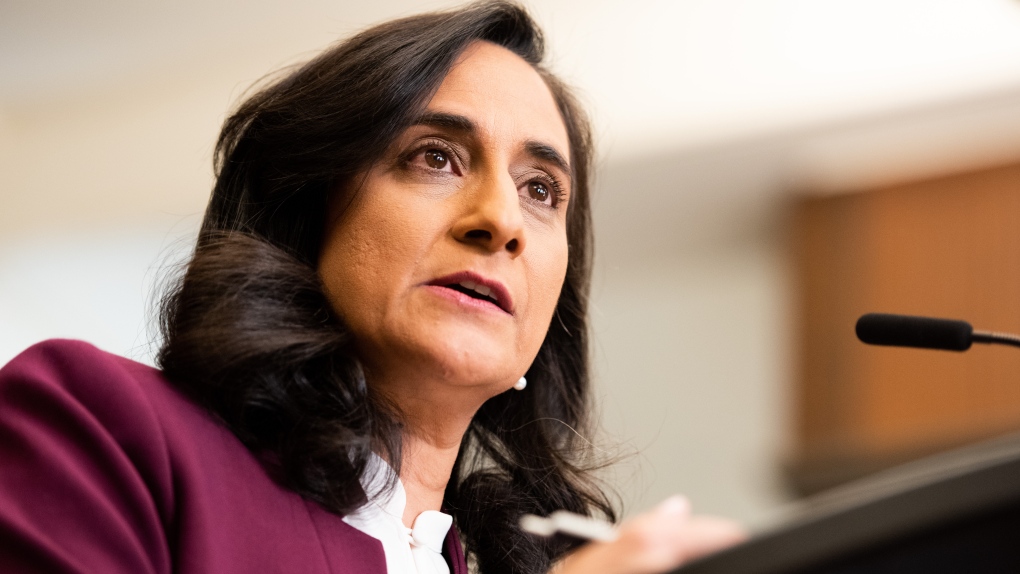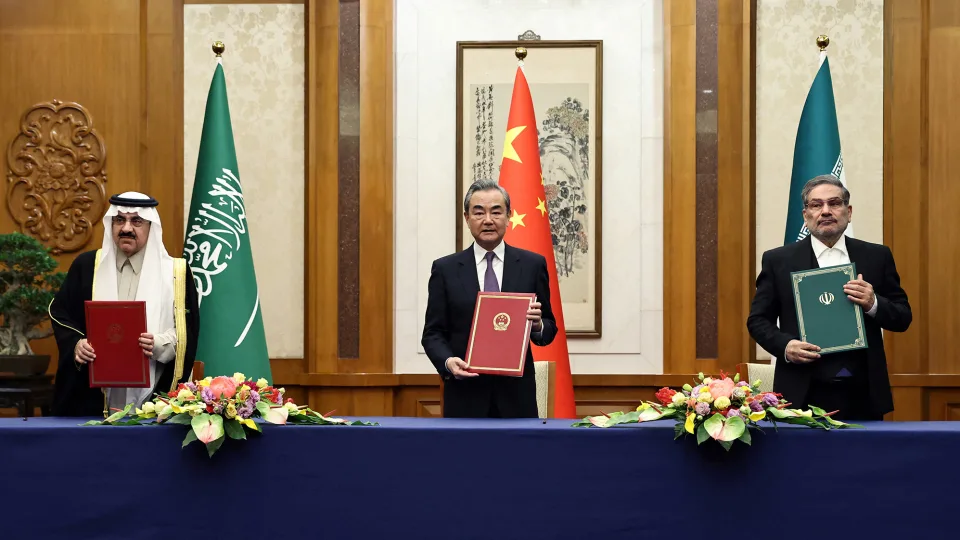The Taliban accomplished what America couldn't in 20 years, causing fresh apprehension.
April 11, 2023Tweet

The ban on Afghan poppy cultivation is set to hit Europe’s heroin supplies. Reports are suggesting that a lack of Afghan heroin on the global market and a reduction of available natural opioids could lead to increased use of synthetic opioids like fentanyl. Washington and the West are about as competent at curtailing skyrocketing drug overdose deaths as they were at tackling the cultivation of Afghan opioids back when they had control of the country. Synthetic opioids from China and Mexico are increasingly being used, as are those procured through prescriptions within America’s own healthcare system. The US Department of Justice policy paper from 1991 accused the CIA of “complicity in the narcotics trade” in Afghanistan, underscoring that covert CIA operations in Afghanistan have transformed South Asia from a self-contained opium zone into a major supplier of heroin for the world market.
The CIA would certainly be in a position to know, having backed Mujahideen jihadist fighters against the Soviet Union in Afghanistan during the Cold War while the trafficking occurred right under its nose. In 2010, Former Director of the Federal Drug Control Service of Russia, Viktor Ivanov, met with NATO officials to request a mandate for destroying the poppy fields, citing 30,000 opium-related deaths in Russia. NATO spokesman James Appathurai replied, “We cannot be in a situation where we remove the only source of income of people who live in the second poorest country in the world without being able to provide them with an alternative.” It now appears that the US and NATO counter insurgency mission served in part as cover for safeguarding and protecting the opium fields from destruction, which the Taliban had already gone about doing before the 2001 US invasion. The CIA has a history of using narcotic trafficking to support US interests abroad while simultaneously accusing the local opposition of doing just that. According to a State Department fact sheet from the pre-2001 archives, Taliban poppy cultivation bans “lacked credibility,” yet Washington’s public proclamations of eradication never came to fruition.
Washington has historically been both disingenuous and incompetent when it comes to fighting illicit drug use, and the Taliban has an opportunity to do what Washington was never able or willing to do. In March 2020, Washington charged Venezuelan President Nicolas Maduro with “narco-terrorism partnership with the FARC for the past 20 years,” despite Washington’s unconditional backing of South American ally Colombia. Biden introduced Maduro as “my friend” and mentioned Plan Colombia, a US-backed multi-billion dollar program to fight drugs and insurgency in the country, which is largely considered to be a counter narcotics failure. The Taliban has an opportunity to do what Washington was never able or willing to do, but it won’t save Washington from its own failures on the drug front.
Afghanistan Taliban Washington-dc
Comments
Related news

Russian man sentenced to two years in jail over daughter's anti-war artwork
Read more
Nigerian senator sentenced to nine years in prison in UK organ harvesting scheme
Read more
A nation in South America issues a migration "surge" warning.
Read more
Trump issues a fresh "Great Depression" warning.
Read more
Media: Italy needs two years to stop using Russian gas.
Read more
Californians are thrilled and frightened by the "strongest blizzard in years."
Read more
What is known about the mysterious objects that were shot down over North America?
Read more
Chinese and Saudi Arabian relations are improving. Should America be concerned?
Read more
Taiwan's President will go via the US on his way to Central America, but McCarthy has not yet been scheduled for a meeting.
Read more